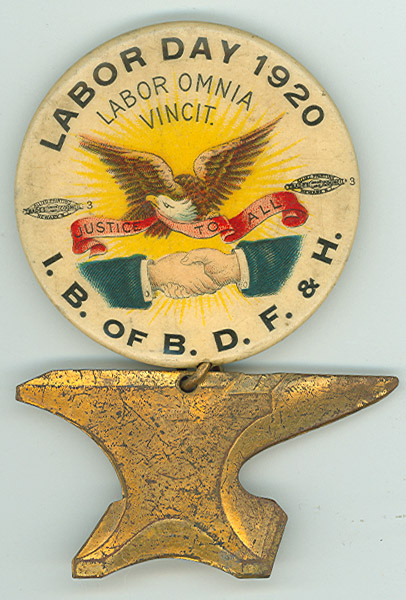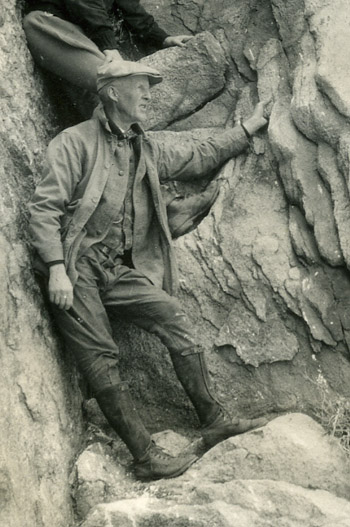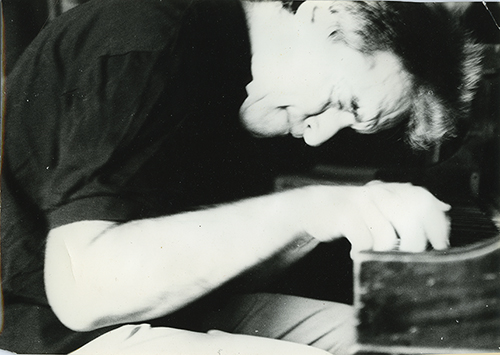Upton Bell Collection
1915-2015
23 boxes
Call no.: MS 1120
Upton Bell is the son of Bert Bell, National Football League Commissioner from 1946 to 1959. Growing up inside the early NFL, Upton witnessed his father’s leadership: implementing a proactive anti-gambling policy; negotiating a merger with the All-America Football Conference (AAFC); bringing professional football successfully to television; creating the NFL Draft; and initiating the Sudden Death rule, which launched the meteoric rise in the popularity of professional football. Bell’s mother, Frances Upton, was a Broadway actress and movie star of the 1920s and 1930s and funded Bert Bell’s creation of the Philadelphia Eagles. Bell’s grandfather, John C. Bell, helped found the NCAA and served on the Walter Camp Intercollegiate Football Rules Committee which negotiated with President Teddy Roosevelt to save college football.
Upton Bell’s career in professional football began in the early 1960s working at the Baltimore Colts training camp and ticket office, advancing to head scout by the late 1960s. Bell served the team through two NFL Championships and two Super Bowls, winning Super Bowl V in 1971. After leaving the Colts, Bell was hired as general manager of the Boston Patriots, encouraging their name change to the New England Patriots. He then bought the Charlotte Hornets, a team in the short-lived World Football League. Soon after the WFL folded, Bell began a broadcasting career in Boston, where for more than 40 years he has been a host and commentator covering the country’s top newsmakers. He is a three-time AP Talk Radio Award winner and author of Present at the Creation: My Life in the NFL and the Rise of America’s Game (University of Nebraska Press, 2017).
Bell’s collection of sport artifacts and memorabilia from his and his father’s careers in professional sport includes hundreds of items, with a selection of items, including the Baltimore Colts Super Bowl ring, on permanent exhibit in the Special Collections reading room.
The digital exhibit “Upton Bell Collection: In the huddle of football history” includes essays on family history, Upton Bell’s career, and a selection of digitized items.
Gift of Upton Bell, 2018.
Subjects
Football--HistoryNational Football League--HistorySuper Bowl--HistoryContributors
Bell, Bert, 1894-1959Bell, UptonUpton, FrancesTypes of material
CorrespondenceMemorabiliaNewspaper clippings
Related collections:
Sport




